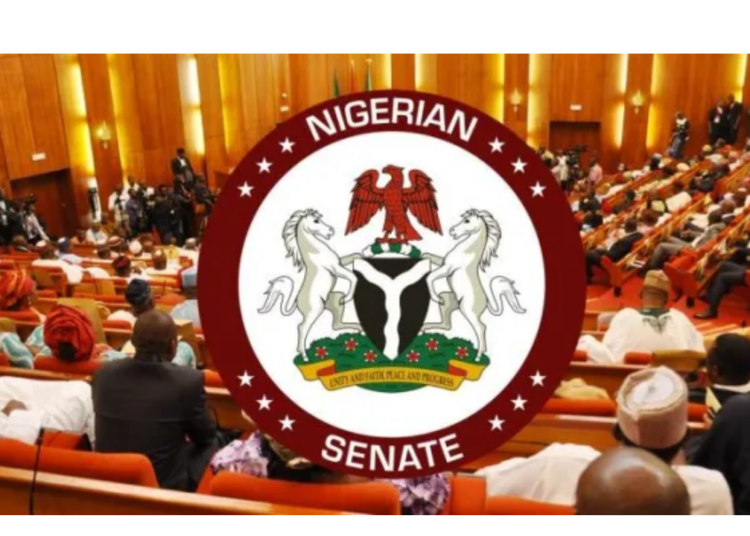The Senate passed the Nigerian Coast Guard Bill for a second reading during plenary yesterday.
The bill aims to establish a dedicated force to safeguard the nation’s maritime zones.
The bill was introduced during the plenary by its sponsor, Senator Wasiu Eshilokun (APC-Lagos), who emphasised its importance in enhancing national maritime security.
In his presentation, Eshilokun stated that the legislation would ensure the Coast Guard “remains prepared as a specialised service in support of the Nigerian Navy during wartime.” He highlighted that the bill’s primary goal is to bolster Nigeria’s security, mainly focusing on maritime interests and regional coastal safety.
“The bill aims to align with global standards regarding maritime security, facilitate the enforcement of relevant laws within Nigeria’s maritime jurisdiction, and regulate the protection of lives and property in these areas,” he added.
Eshilokun noted the timely and strategic nature of introducing this legislation, as the current administration seeks to expand economic opportunities for national benefit. He stressed that the maritime sector presents vast possibilities to aid the Federal Government’s diversification efforts, necessitating proactive measures to secure this critical area of the economy.
Senator Victor Umeh (LP-Anambra) also voiced his support, asserting the need for clearly defined duties for the Coast Guard to ensure effective collaboration with customs and the Navy.
Senator Ireti Kingibe (LP-FCT) echoed this sentiment, underlining that a robust maritime economy cannot exist without a functioning Coast Guard. She pointed out that Nigeria loses approximately N35 billion annually to illegal fishing, a loss that a properly established Coast Guard could mitigate.
Senator Sunday Karimi (APC-Kogi) emphasised the urgent need for the Coast Guard in light of rising global terrorism and the associated risks to waterways.
Deputy Senate President Jibrin Barau, who presided over the session, remarked that the bill would protect Nigeria’s territorial integrity and ensure the naval defence is not compromised.
The legislation has been forwarded to the Senate Committee on Marine Transport for further review and is expected to report back in four weeks.











